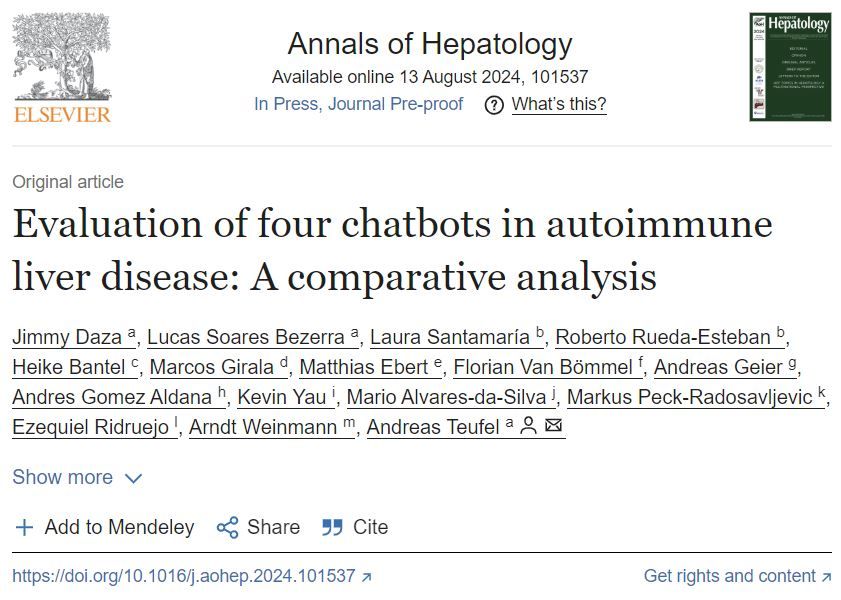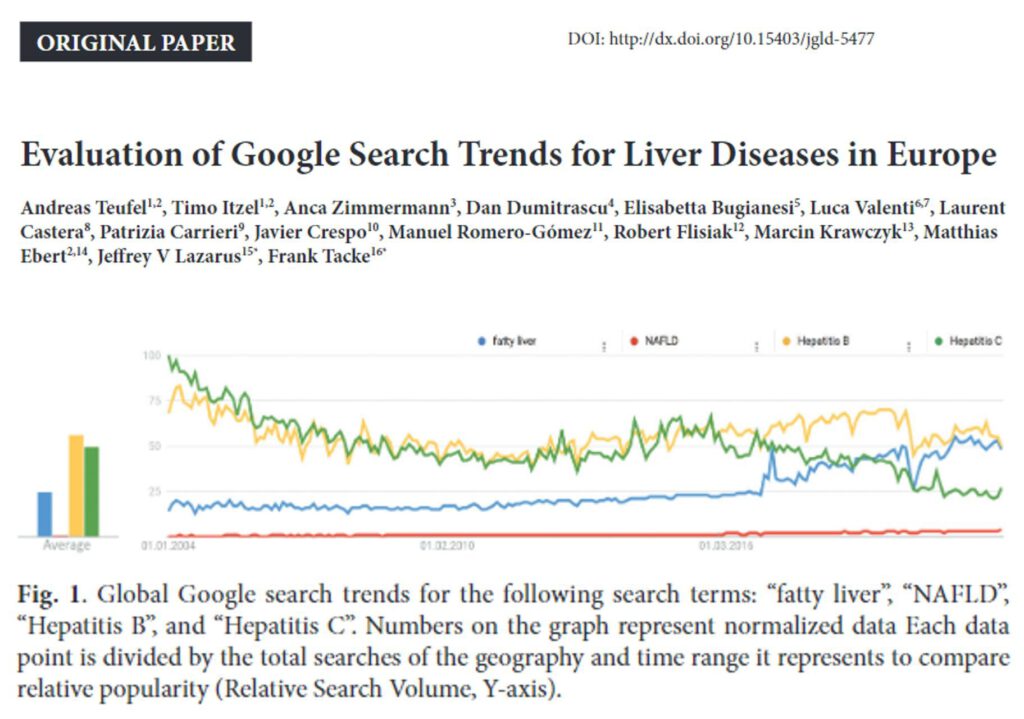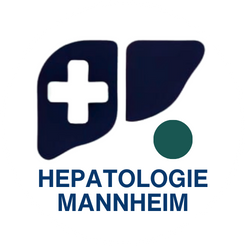We are dedicated to advancing liver disease diagnostics and treatment through cutting-edge research in molecular biology, bioinformatics, mouse models, and AI. Our focus spans liver fibrosis, cancer, and autoimmune disorders, combining molecular biology and computational tools to predict disease progression and treatment outcomes.
PBC App Symptomtracker
Our team developed the app based on the so-called “Symptomtracker” questionnaire. The app allowed users to record and track the different symptoms of PBC, such as fatigue, pruritus, and abdominal discomfort from the last 4 weeks. It also allowed the use of medication and other measures for the management of these symptoms.
We evaluated the usability, effectiveness, and impact on the management and quality of life of the app in patients with PBC.
By empowering PBC patients to actively monitor and report their symptoms, the app will hopefully facilitate personalized care delivery, enhance clinical decision-making, and improve patient outcomes and quality of life in the management. Further studies are warranted to assess long-term efficacy and scalability in diverse patient populations.


CHATBOTS
Can Chatbots support treatment in rare liver diseases?
Our research titled: “Evaluation of Four Chatbots in Autoimmune Liver Disease: A Comparative Analysis,” explores this. Ten liver specialists evaluated four leading chatbots—ChatGPT 3.5, Claude, Microsoft Copilot, and Google Bard—using a comprehensive 56-item questionnaire.
This evaluation process is a key step in refining chatbots as effective clinical decision-support tools in managing Autoimmune Liver Diseases and other rare liver diseases.
Thank you Jimmy Daza, Lucas Soares Bezerra, Laura Santamaria, Roberto J. Rueda-Esteban, Heike Bantel, Marcos Girala, Matthias Ebert, Florian van Bömmel, Andreas Geier, Andres Gomez Aldana, Kevin Yau, Mário Reis Álvares-da-Silva, Markus Peck-Radosavljevic, Ezequiel Ridruejo MD PhD and Arndt Weinmann for a great cooperation!
Google Search Trends for Liver Diseases
Ever wondered how Google search queries can reflect scientific trends? We deep dive into Google search trends from 2004 to 2021, covering seven languages across various European countries.
Our analysis reveals that over the last two decades, Google search trends have closely followed developments in the field of hepatology. Interestingly, these searches were mostly driven by non-experts and weren’t significantly influenced by recent scientific advancements.
Moreover, users generally preferred searching in their native languages and avoided complex medical terms. This insight is crucial for designing effective awareness and communication strategies, especially when addressing conditions like MASLD (Metabolic Dysfunction Associated Steatotic Liver Disease).
Understanding these preferences can help us better engage and educate the public on important health issues.

